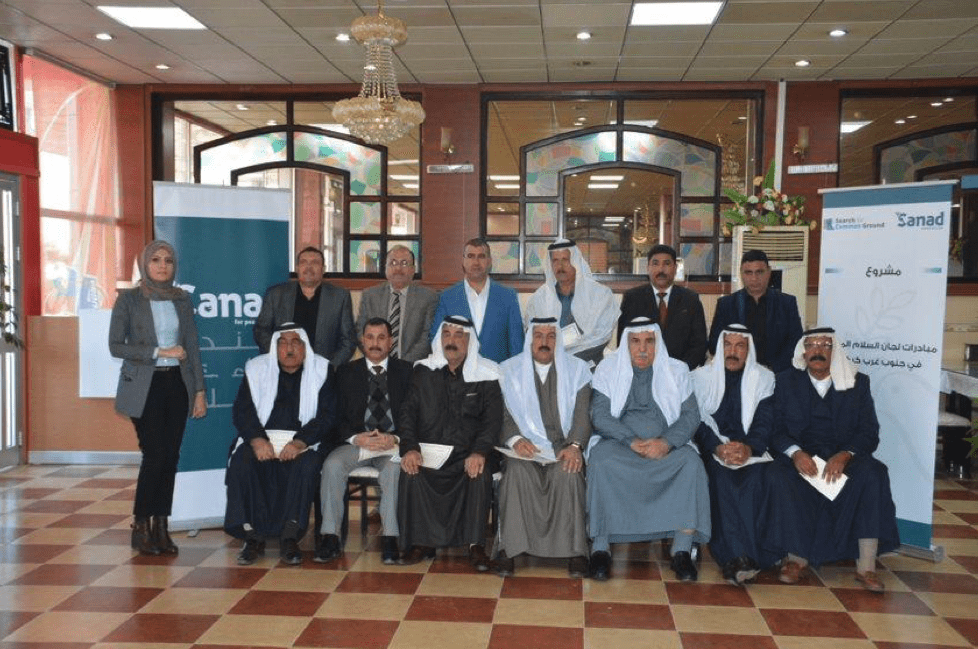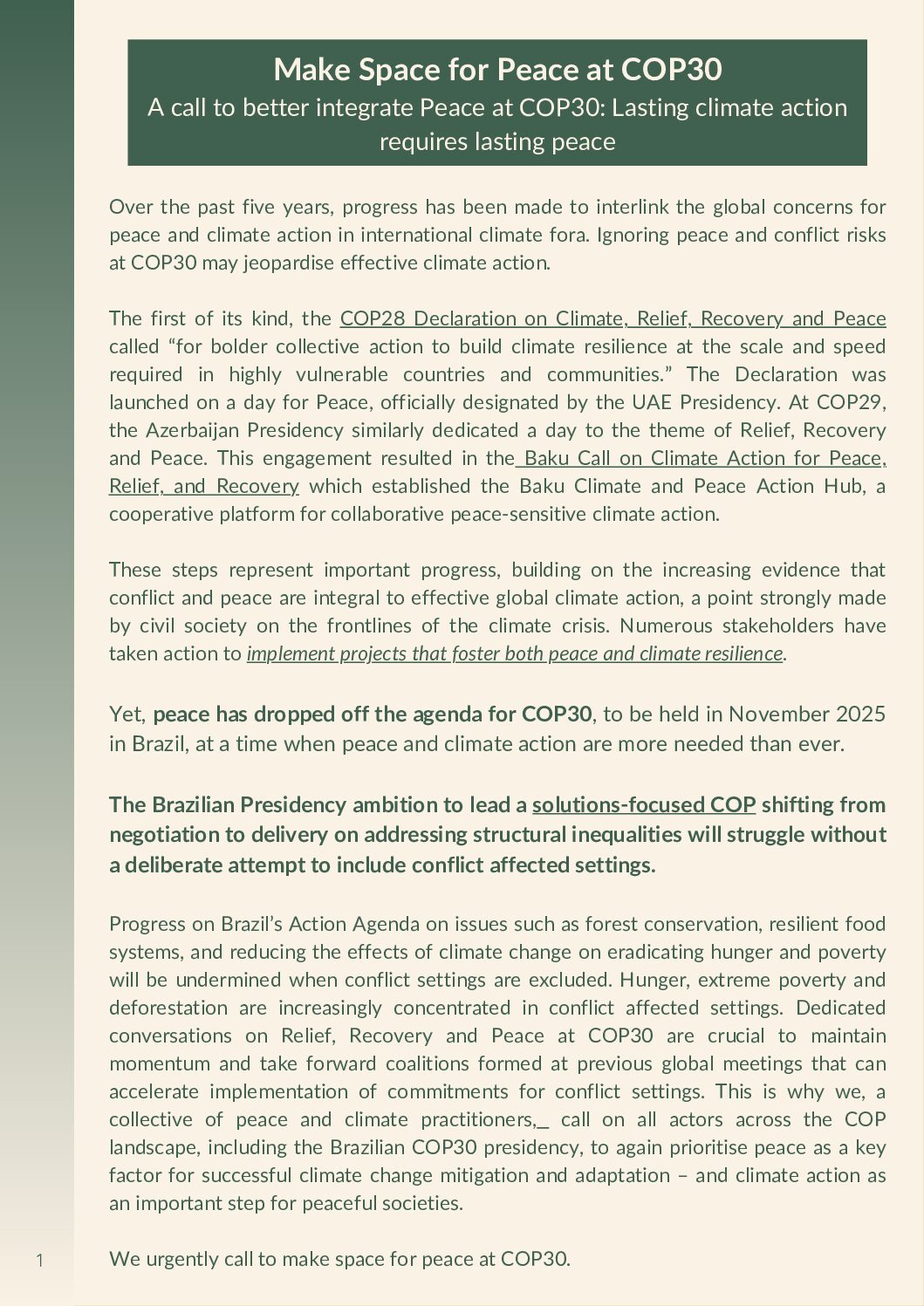
After the Government of Iraq (GOI) declared liberation from ISIL in 2017, the political, security, and economic situation surrounding the targeted communities in Hawija District continued to devolve significantly, shedding light on existing challenges, and offering greater insight into community needs, especially those of internally displaced persons, persons with disabilities, women, and youth. Reports recorded continuous ISIL activity throughout the sub-districts, especially including Al-Moltaqa, Al-Rashad, and Al-Riyadh. A higher number of kidnappings and targeted assassinations was reported in 2018 than in 2019, oftentimes jeopardizing the well-being and security of Local Peace Committee (LPC) members amongst whom include several mukhtar and tribal leaders — the primary targets of such attacks. For these reasons, think tanks and international media outlets continued to identify Kirkuk Governorate as a possible focal point for ISIL resurgence or that of new extremist organizations. ISIL activity was mirrored by an equal number of military operations, both ground, and air, at the hands of the GOI, and Kurdistan Region of Iraq (KRI), as well as international allies.
While this increase in ground and air operations, as well as KRI-GOI coordination, indicated concern for ISIL’s possible resurgence in Kirkuk, including the sub-districts, it also offered hope for greater stability that would eventually allow for a situation in which LPCs can effectively work towards further peacebuilding and reconciliation efforts throughout their communities. The LPCs were originally established by Search’s local partner organization in 2016 under ISIL occupation with the support of the United States Institute of Peace; however, with the termination of funding, LPCs were in need of greater capacity-building to further local reconciliation. As such, Search and Sanad for Peacebuilding joined efforts to provide greater and sustainable opportunities for continued peacebuilding and social cohesion in Southwest Kirkuk.
Approach
Based on the extensive on-the-ground analysis, Search and Sanad proposed an intervention, which significantly scaled up support for capacity-building to the sub-districts LPCs in Southwest Kirkuk. This approach ensured a pace, timeframe, and operational context that allowed LPCs to devise and implement micro-grant initiatives with the support and engagement of vulnerable actors to further locally-informed peacebuilding and reconciliation.
Key Achievements
- 97 LPC members were trained in strategic planning, Transforming Violent Extremism, Community Dialogue Approach, and Trauma-Informed Peacebuilding
- Six micro-grant initiatives were designed and implemented, resulting in the resolution of tribal and clan conflicts, and general challenges to social cohesion
- A minimum of 75 internally displaced families were returned to Hawija thanks to LPC advocacy efforts
- The Interim Governor of Kirkuk issued new policies and procedures in line with LPC advocacy to ensure the distribution of legal identity documents, allowing for the return of IDPs and refugees
Program Resources
- LCP Case Study – Bringing Electricity to A-Sateeh Village from al-Fishga Village
- LCP Case Study – Issuing Official Documents for 20 ISIL-Affiliated Families
- LCP Case Study – Returning ISIL Families, Women and Children
- LCP Case Study – Settling Inter-Clan Disputes on Agricultural Land
- LCP Case Study – Sustainable Hiring of Sanitation Workers in Al-Abbasi

